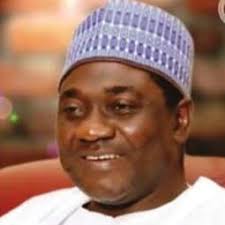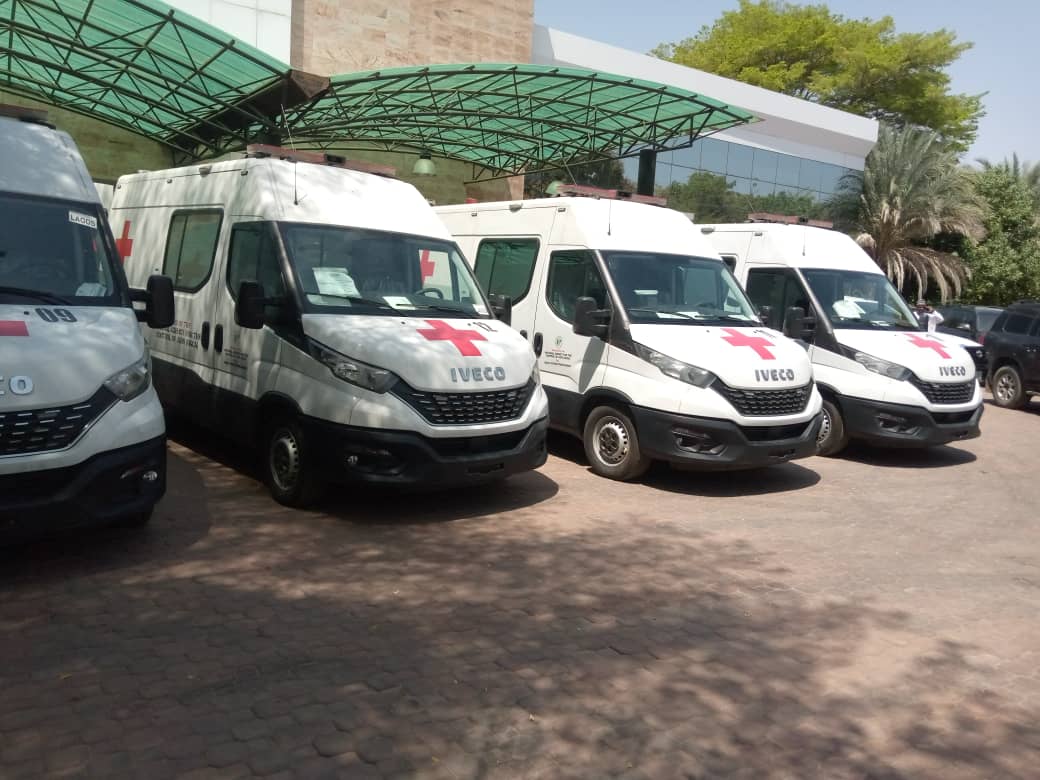Centre for School Health Education and Environmental Hygiene (CSHEEH) on Thursday urged students to embrace regular hand washing in order to reduce the spread of communicable diseases.
CSHEEN Executive Director, Dr Folasade Momoh, gave the advice in Abuja while speaking at an event to mark this year’s Global Handwashing Day.
She said that imbibing the hand washing culture would help reduce the spread of communicable diseases by 50 per cent.

The theme of this year’s Global Hand washing day is “Unite for Universal hand hygiene”.
The News Agency of Nigeria (NAN) reports that the theme was a call for more action towards increased and improved access to hand hygiene facilities and products to reduce the transmission of disease-causing germs.
Momoh spoke of the need for coordinated and collective action plan towards achieving universal hand hygiene, by promoting the advancement of hand hygiene and practice.
“As we go around everyday, we come in contact with all sort of things contaminated by germs, which we cannot see with our naked eyes.
“So we must cultivate the habit of regular hand washing.
“Today’s event is very significant because more than 600 students have become change agents and by the time they leave here today, our message will go far as they replicate and teach their close counterparts about hand washing,” she said.
Momoh restated the organisation’s commitment to promoting hand washing in schools as well as inculcating other measures aimed at curbing the spread of diseases in the same environment.
The Principal, Junior Secondary School, Asokoro where the event held, Mr Ja’far Izzy- Madaki, thanked the organisers of the programme, saying that the enlightenment would encourage students to improve hand hygiene.
Izzy-Madaki who was represented by the Vice Principal of the vice-Principal of the school, Mrs Agwu Nneka, said the initiative would make the students to wash their hands at appropriate times ,especially after playing.
“We are very happy and grateful to the Organisation, this is an affordable and easily accessible way for students to wash their hands,” he said.
Mrs Victoria Faluyi, the Chief Executive Officer, Child Advocacy and Protection initiative Plan, expressed her satisfaction with being one of the organisers.
She emphasised the virtues of hand washing, saying that ensuring hand hygiene could go a long way towards saving lives.
Faluyi added that the hand washing facility provided is meant to encourage children to always keep their hands clean at all times, especially with the recent rise in prevalence communicable diseases.
NAN reports that as part of efforts to mark the day, organisers of the event inaugurated a hand washing facility and provided liquid soap for students of the school Junior Secondary School.
The event was jointly organised by CSHEEN, AJEP-APE Nig. Ltd., and Child Advocacy and Protection Initiative plan



